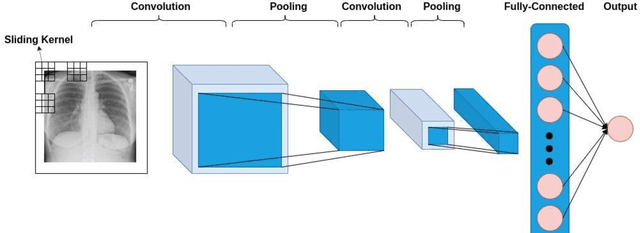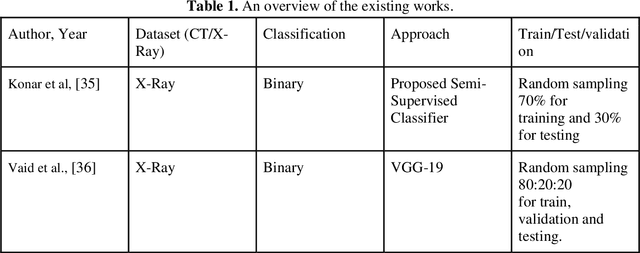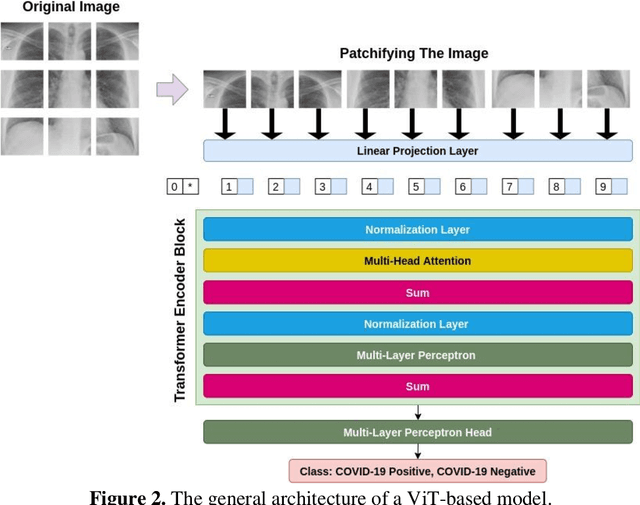Abdolreza Marefat
FRA: A novel Face Representation Augmentation algorithm for face recognition
Jan 27, 2023



Abstract:A low amount of training data for many state-of-the-art deep learning-based Face Recognition (FR) systems causes a marked deterioration in their performance. Although a considerable amount of research has addressed this issue by inventing new data augmentation techniques, using either input space transformations or Generative Adversarial Networks (GAN) for feature space augmentations, these techniques have yet to satisfy expectations. In this paper, we propose a novel method, named the Face Representation Augmentation (FRA) algorithm, for augmenting face datasets. To the best of our knowledge, FRA is the first method that shifts its focus towards manipulating the face embeddings generated by any face representation learning algorithm in order to generate new embeddings representing the same identity and facial emotion but with an altered posture. Extensive experiments conducted in this study convince the efficacy of our methodology and its power to provide noiseless, completely new facial representations to improve the training procedure of any FR algorithm. Therefore, FRA is able to help the recent state-of-the-art FR methods by providing more data for training FR systems. The proposed method, using experiments conducted on the Karolinska Directed Emotional Faces (KDEF) dataset, improves the identity classification accuracies by 9.52 %, 10.04 %, and 16.60 %, in comparison with the base models of MagFace, ArcFace, and CosFace, respectively.
CCTCOVID: COVID-19 Detection from Chest X-Ray Images Using Compact Convolutional Transformers
Sep 27, 2022



Abstract:COVID-19 is a novel virus that attacks the upper respiratory tract and the lungs. Its person-to-person transmissibility is considerably rapid and this has caused serious problems in approximately every facet of individuals lives. While some infected individuals may remain completely asymptomatic, others have been frequently witnessed to have mild to severe symptoms. In addition to this, thousands of death cases around the globe indicated that detecting COVID-19 is an urgent demand in the communities. Practically, this is prominently done with the help of screening medical images such as Computed Tomography (CT) and X-ray images. However, the cumbersome clinical procedures and a large number of daily cases have imposed great challenges on medical practitioners. Deep Learning-based approaches have demonstrated a profound potential in a wide range of medical tasks. As a result, we introduce a transformer-based method for automatically detecting COVID-19 from X-ray images using Compact Convolutional Transformers (CCT). Our extensive experiments prove the efficacy of the proposed method with an accuracy of 98% which outperforms the previous works.
 Add to Chrome
Add to Chrome Add to Firefox
Add to Firefox Add to Edge
Add to Edge